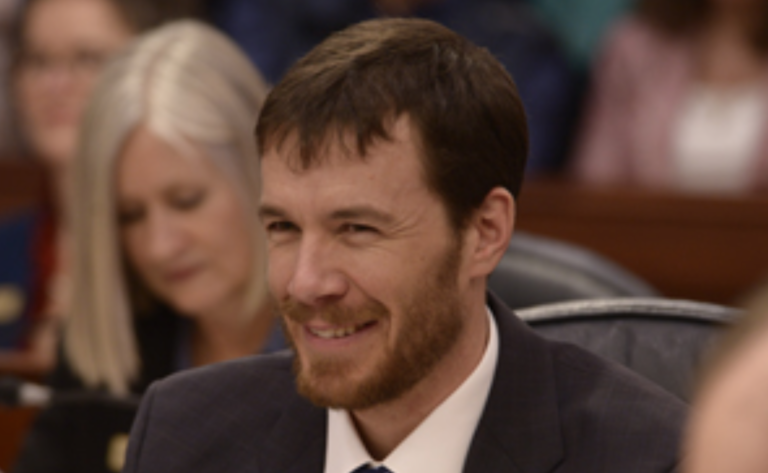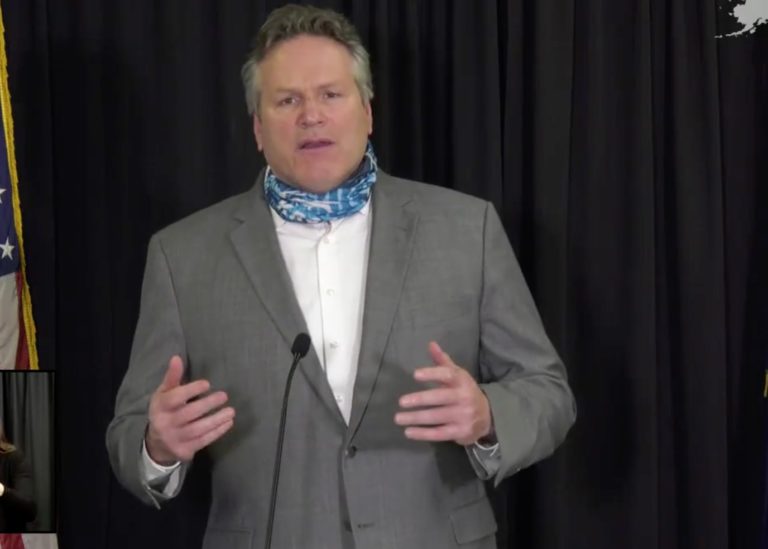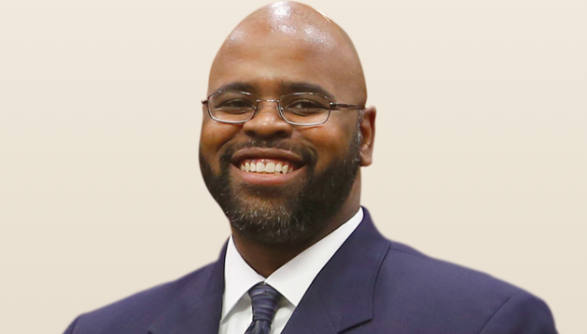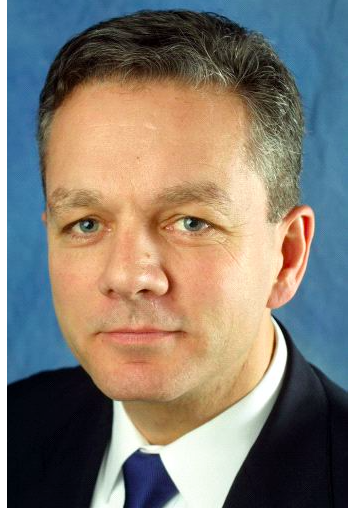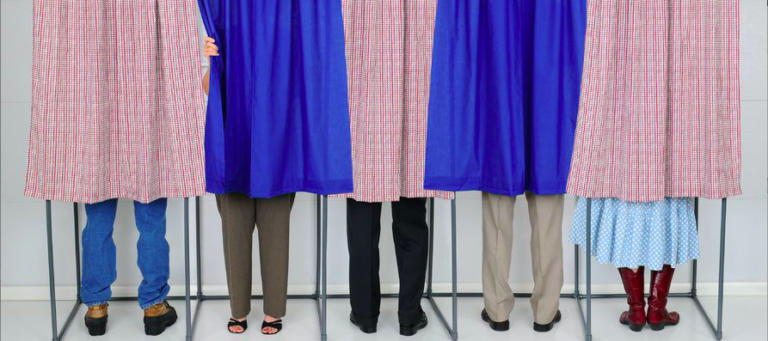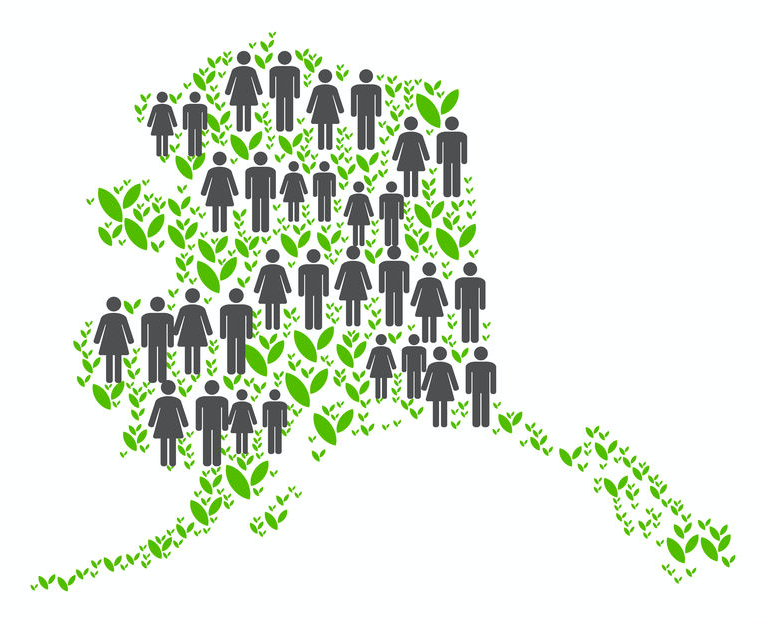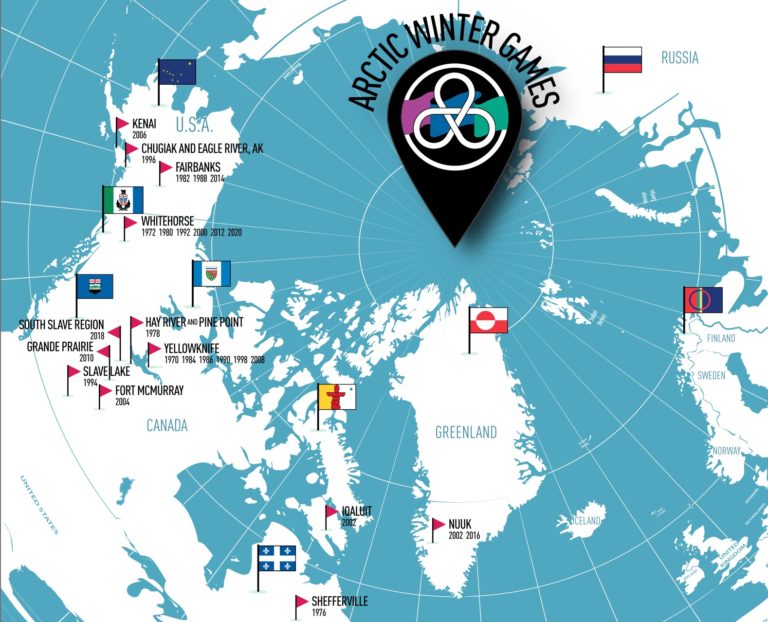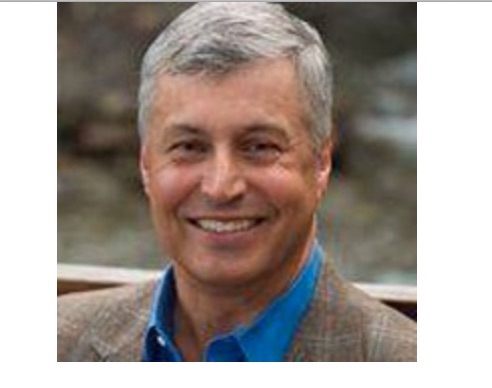In one of the more awkward moments in the Alaska State House this week, Rep. Zack Fields of Anchorage said into the record that the short skirt of Rep. Sara Rasmussen was causing a traffic hazard in her district. He therefore would be sending her a pair of sweatpants for her birthday, so she won’t be causing accidents in the future, he explained.
His remark came immediately after Rasmussen announced that she and Rep. Ivy Spohnholz were forming the “women’s caucus” in the House.
Rasmussen had made a speech about the contributions of women and their role as decision makers, and how proud she was to model leadership for both her daughter and her son.
The irony was not lost on other women in the House. After all, Rasmussen’s co-founder of the women’s caucus, Rep. Spohnholz, is remembered for her unfounded accusations against retired Judge Karl Johnstone, who had been appointed to the Board of Fisheries by Gov. Mike Dunleavy.
“Imagine if a Republican male had made that joke,” remarked one shocked member of the House Republican minority. “They’d have ‘Johnstone’d him.”
Without evidence, Spohnholz had in 2019 said Johnstone had made some sort of sexist remarks to anonymous women in years’ past, but Spohnholz never provided any proof. She and Fields used the “me too” accusation to sandbag Johnstone’s nomination.
“Zack called me and apologized for his statements on the floor. He did not mean any disrespect. I’ve accepted his apology and hope to move on from it,” Rasmussen said.
Fields has a history of attacking conservative women, such as Commissioner Kelly Tshibaka, during her confirmation hearing to lead the Department of Administration. He also attacked former Commissioner Amanda Price because she had not completed college. But today, he was smitten with the undeniably lovely Rasmussen, who he and other Democrats are trying to court into their caucus.
Below the video of Rasmussen’s speech and Fields’ sexist joke (minute 3:15 in the video) is the link to the full tale of what happened to Johnstone at the hands of Rep. Spohnholz in 2019, in his own words.
